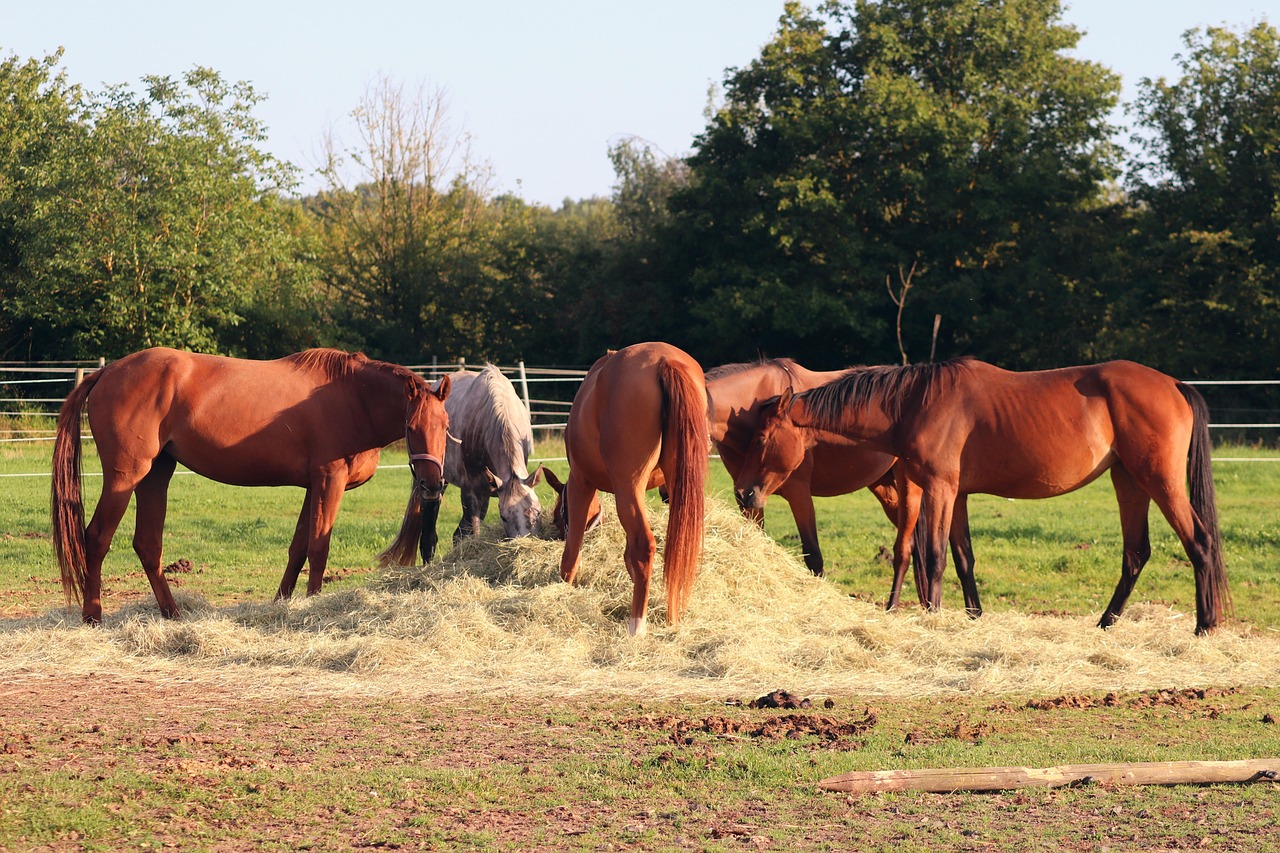Feeding horses the right diet is essential for their health, performance, and longevity. One of the most common forage alternatives used in equine diets is alfalfa pellets. These nutrient-rich pellets are often chosen for their high protein and calcium content, ease of storage, and convenience. However, knowing how much alfalfa pellets to feed a horse per day can be a tricky question that depends on multiple variables like age, workload, breed, and existing diet.
In this blog, we’ll break down real-world examples and expert tips to help you confidently decide the right daily quantity of alfalfa pellets for your horse.
Why Choose Alfalfa Pellets?
Alfalfa pellets are made from ground alfalfa hay that has been compressed into pellet form. They offer several advantages:
- Consistent quality: Unlike baled hay, pellets are less affected by weather damage or mold.
- High in nutrients: Alfalfa is naturally rich in protein (15-20%), calcium, and digestible fiber.
- Low dust: A great option for horses with respiratory issues.
- Convenient to store and transport.
These benefits make alfalfa pellets a popular supplement or hay replacement in many equine diets.
Key Nutritional Facts of Alfalfa Pellets
Before determining how much alfalfa pellets to feed a horse per day, it’s essential to understand what they offer nutritionally. On average, alfalfa pellets contain:
- Protein: 15–20%
- Calcium: 1.2–1.5%
- Digestible Energy (DE): Around 1.0–1.2 Mcal/lb.
- Crude Fiber: 25–30%
These numbers may vary slightly depending on the brand and processing method, but they give a strong foundation for ration planning.
How Much Alfalfa Pellets to Feed a Horse Per Day: Factors to Consider
There is no one-size-fits-all answer. Several factors influence how many pounds of alfalfa pellets you should feed a horse daily:
- Body Weight
As a rule of thumb, horses should eat about 1.5% to 2.5% of their body weight in forage daily. For a 1,000-pound horse, that equates to 15 to 25 pounds of total forage (hay, pasture, pellets).
- Workload
- Idle/Pasture Horse: Needs fewer calories—alfalfa pellets can be fed as a supplement (e.g., 2–5 lbs./day).
- Light to Moderate Work: Depending on the hay quality and calorie needs, 5–10 lbs./day may be required.
- Performance or Hard Keepers: Some horses in training or underweight may benefit from 10–15 lbs./day of alfalfa pellets.
- Age and Life Stage
- Growing Horses and Lactating Mares: Require more protein and calcium, so alfalfa pellets are often a smart choice.
- Senior Horses: With dental issues, pellets are easier to chew or can be soaked into a mash.
- Type of Forage in the Rest of the Diet
If your horse is already eating high-protein forage (like alfalfa hay), go easy on pellets to avoid nutritional imbalance. On the flip side, if they are primarily fed grass hay or pasture, you can use alfalfa pellets to balance protein and calcium levels.
Real-World Feeding Examples
To better illustrate how much alfalfa pellets to feed a horse per day, here are a few sample scenarios:
Example 1: Idle 1,000-lb Gelding on Grass Hay
- Current Diet: 20 lbs. of grass hay per day
- Goal: Boost protein without adding too much energy
- Pellet Recommendation: 2–4 lbs./day of alfalfa pellets as a top-dress
Example 2: 1,200-lb Thoroughbred in Moderate Work
- Current Diet: 18 lbs. mixed grass hay + 6 lbs. performance grain
- Goal: Add quality forage calories without increasing grain
- Pellet Recommendation: 6–8 lbs./day of alfalfa pellets split into 2 feedings
Example 3: Senior Mare with Poor Teeth
- Current Diet: 8 lbs. soaked timothy pellets + beet pulp
- Goal: Add more digestible protein
- Pellet Recommendation: 4–6 lbs./day of soaked alfalfa pellets to create a mash
Feeding Tips for Alfalfa Pellets
- Introduce Slowly
When incorporating alfalfa pellets, always start gradually over 7–10 days. This allows the gut flora to adapt and helps avoid digestive upset.
- Soak for Safety
Some horses eat too quickly and are at risk of choking on dry pellets. Soaking the pellets in water (5–15 minutes) softens them into a mash, which is safer and easier to chew.
- Balance the Calcium:Phosphorus Ratio
Alfalfa is high in calcium, which can skew the ideal calcium-to-phosphorus ratio (about 2:1). Ensure the rest of your horse’s diet compensates with sufficient phosphorus (often found in grain or supplements).
- Avoid Overfeeding
Too much protein or calcium can lead to issues like:
- Increased urination and ammonia smell in stalls
- Kidney strain in some horses
- Potential developmental issues in young horses if not properly balanced
Always evaluate the total diet before adding large amounts of alfalfa pellets.
Do Alfalfa Pellets Replace Hay Entirely?
They can, but it’s not always ideal. Horses evolved to chew long-stem forage, and hay helps maintain gut health through fiber length. That said, for horses who can’t chew hay (senior horses, those with missing teeth), soaked alfalfa pellets or cubes are a good substitute.
If using pellets as a total hay replacement:
- Feed at least 1.5–2% of body weight in pellets per day
- Spread feeding into multiple meals (3–4x/day)
- Always offer free-choice salt and water
When NOT to Feed Alfalfa Pellets
While highly nutritious, alfalfa pellets are not ideal for every horse. Avoid or limit them in cases like:
- Obese or easy keepers: Too rich for horses that easily gain weight
- Horses prone to laminitis or metabolic issues: Consult a vet
- High-calcium intolerance or bladder stones: The excess calcium can exacerbate certain conditions
If you’re unsure, always consult your veterinarian or equine nutritionist before making major diet changes.
Final Thoughts
So, how many alfalfa pellets should I feed a horse per day? The answer depends on the horse’s weight, workload, age, and current diet. Generally, you can safely feed anywhere from 2 to 15 pounds per day, depending on the purpose—whether you’re supplementing a hay diet, adding calories for weight gain, or replacing hay entirely.
Just remember:
- Always introduce pellets slowly
- Balance your horse’s entire ration
- Consult with a professional when in doubt
Whether you’re feeding a working horse, senior companion, or young foal, alfalfa pellets can be a versatile and nutritious addition to your equine feeding program when used correctly.



































